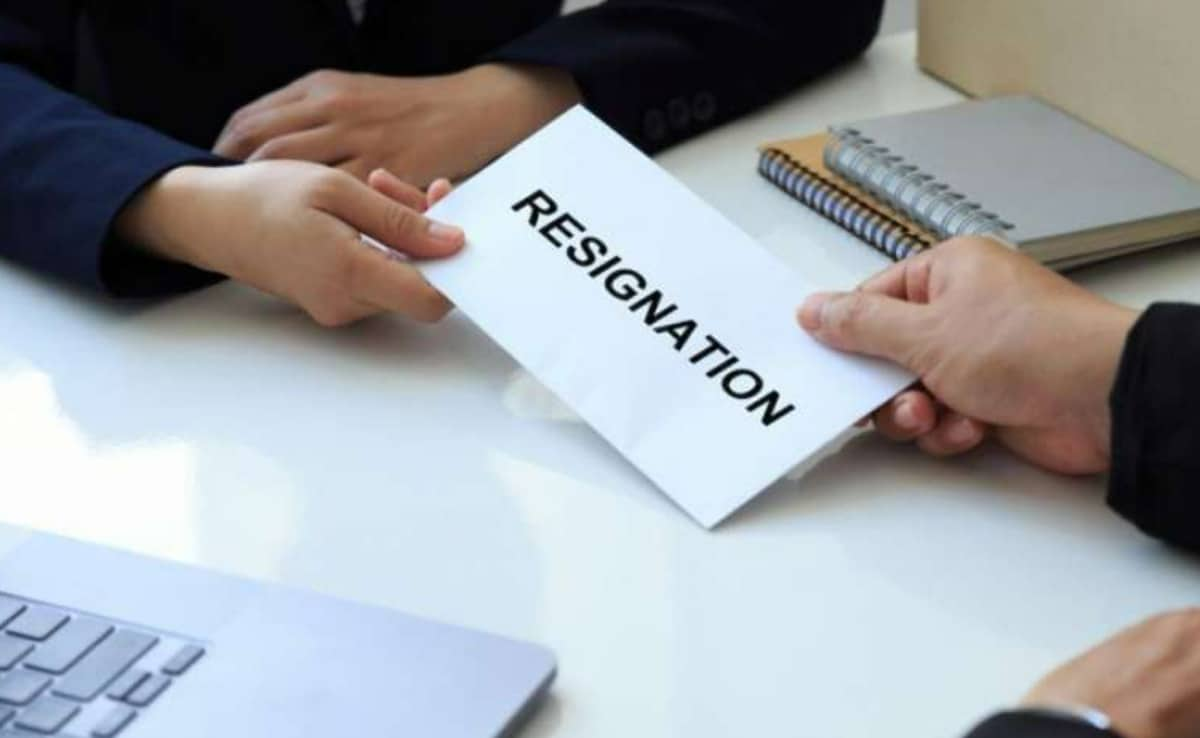The uncertainties in labour market, especially in developing countries where unemployment rate is still high, is such that one must carefully reflect, and plan based on viable options on the table. This is to ensure that you make the right decision.
It requires adequate preparation to be able to exit seamlessly in a way that leaves no room for negativity between you and your employer while you also design feasible plan for you next career step.
Join our WhatsApp ChannelThe plan for your next job should be informed by a clear vision, which determines your career goals.
READ ALSO: Japa: Top Jobs Paying Over £2000 Pounds Monthly In UK
In this article we will highlight eight issues you need to consider before quitting your present job.
1. Evaluate your needs.
While actively engaged in a particular job, the first thing to do when the thought of quitting creeps into your mind is to consider your needs. This demands inward reflection on what you want to achieve after leaving the job. Whether to pursue a career in another industry or sector that you feel might give you more fulfilment; to hone your skills for better jobs ahead; changing location (if your current role does not permit working remotely); the craving to get higher pay, as may be the current job can’t pay your bills; or the need to have more free time. In all, you need to understand your ultimate need and whether your present work addresses that or not.
By trying to identify the needs that are influencing your decision to quit, you can better understand what you hope to gain from your career and identify your aspirations. From here, you may more easily create a good plan for your future job search.
READ ALSO: How To Find Caregiver Jobs With Visa Sponsorship In The UK
3. Exhaust all Internal options within your current organisation
Before rushing to drop your resignation letter, have you exhausted all options that could help you remain in your current job? If the answer is no, then you need to do so. Depending on your needs it could be the quest for career shift, higher pay (assuming there is added responsibilities and the salary increase will be commensurate). You might also want to discuss with your manager, if possible, about a new work schedule, or a shift to a different role that might give you more job satisfaction. This step is necessary before finally taking the exit door.
3. Form a plan of action
Here you consider what are your plans after quitting the job. If you’re resigning because you’ve got a better job offer, good for you. But if there’s none, you need to make sure you’re well-prepared. This requires that before resigning, you plan on how to survive financially while looking for your dream job. This also involves considering the option of taking up freelance jobs for small, small earnings.
4. Confirm your financial stability
Your workplace experience could get to the point that you feel the only option is hand in your resignation letter and go. However, in as much as that seems to give you psychological relief in the meantime, you need to evaluate your financial status and know whether your savings can take care of your expenses within the estimated time you need to get another job. You should at the same time, anticipate that your job hunt could last longer than expected.
It may also be a rash decision to quit if you are currently indebted as repayment may be delayed when salary stops coming.
5. Consider your health and well-being
In everything one is doing, your health and well-being should always be the top priority. Instead of letting your condition deteriorate from the pressure of your position, resigning and going for a role that is less stressful might be the best decision for your future.
On the other hand, quitting your job without a new role lined up can make you feel depressed and isolated in the face of an uncertain job market. It is imperative that you reflect on your health and well-being before making the final decision.
6. Document Your Accomplishments
Human resource experts advise that while you work, it is necessary to document your duties and accomplishments in real-time so you have an accurate representation of your experience. This will provide an accurate record of your work experience. By the time you decide to resign, you’re ready with your list of accomplishments that you can include in your CV when you start applying for other jobs.
7. Ask for recommendations
Some employers request for references when they assess your application. Before you resign, ask for an endorsement from colleagues and supervisors that you’ve actively worked with. Make sure the ones you’ve chosen can provide an accurate perspective of your work experience.
8. Follow Due resignation Process
Despite the situation of things, it is necessary that one resigns appropriately in a way that does not disrupt the workflow in the company. Some organisations, depending on size and corporate policy, have laid down protocol for staff resignation. Your employer may request that you provide notice of departure within a certain timeframe to allow room for reorganisation and replacement. This would also help to avoid subjecting your colleagues into taking extra responsibility that may affect their workflow and productivity.
Victor Ezeja is a passionate journalist with seven years of experience writing on economy, politics and energy. He holds a Master's degree in Mass Communication.

















Follow Us